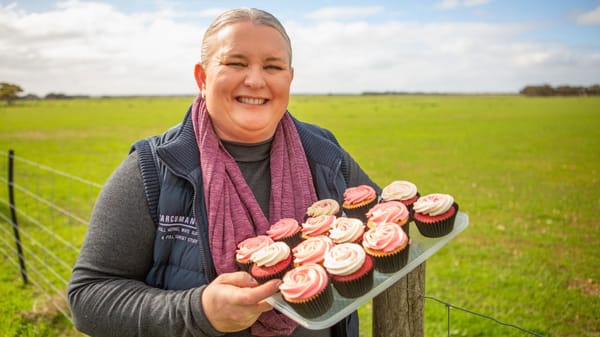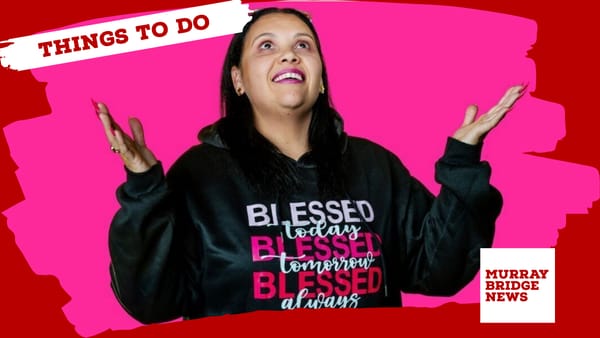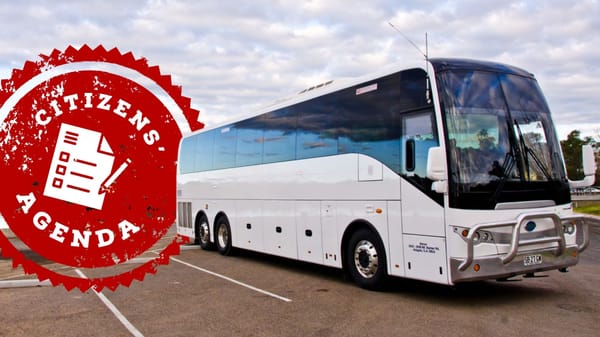Racing club appeals $64,000 council decision
Should Murray Bridge Racing Club pay council rates? Its ability to break even hinges on the answer, chairman John Leahy says.
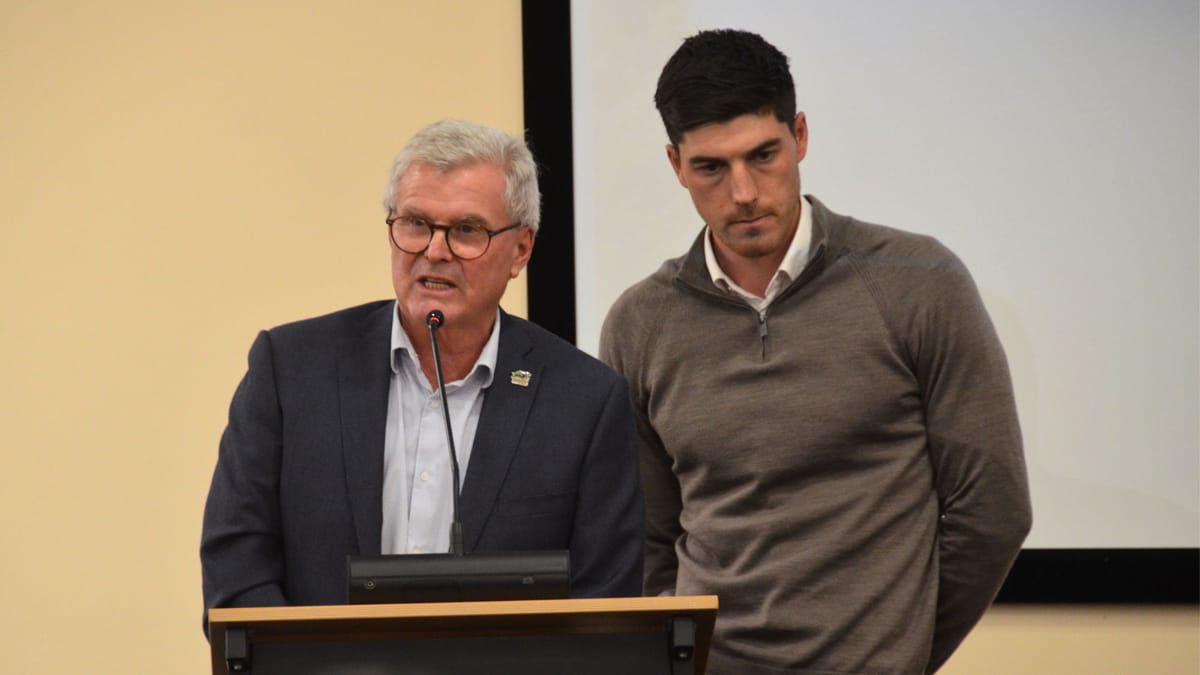
This story is now free to read. Help Murray Bridge News tell more stories like this by subscribing today.
On the one hand, it’s the organisation at the heart of the Murraylands’ multi-million-dollar horse racing industry, with a state-of-the-art facility worth tens of millions.
On the other hand, it’s a not-for-profit organisation which only exists to facilitate all that activity, and doesn’t actually make much money.
So should Murray Bridge Racing Club have to pay council rates?
Until this year, the answer has been no.
The city’s council had previously granted the club a 50 per cent rebate on its rates bill, just like many other community and sporting clubs.
But this year, councillors voted not to continue that support.
The decision will cost the club almost $64,000 and push its annual budget into a deficit, chairman John Leahy says.
He and board member James Tzaferis made an appeal to councillors on Monday night, urging them to change their minds.
Mr Leahy said the club had been “disappointed and bewildered” at the decision.
Yes, the club had cleared $27 million worth of debt, but its position remained precarious, Mr Tzaferis said.
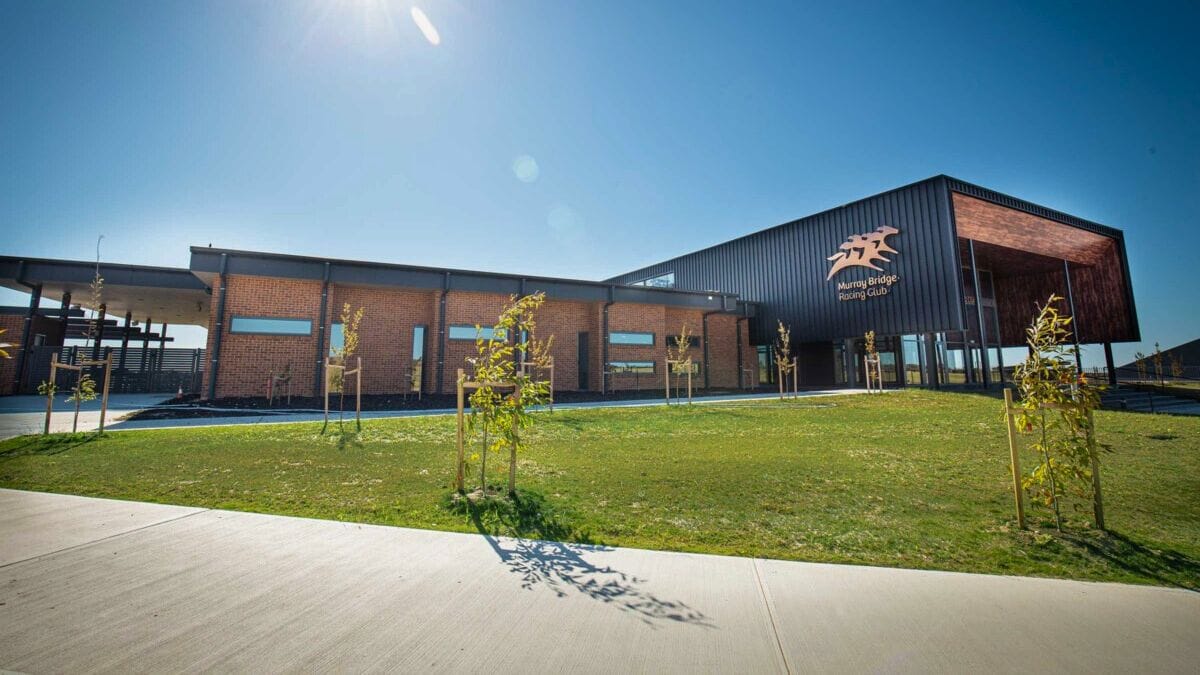
Any profit the club made was invested in new infrastructure at its Gifford Hill racecourse.
That infrastructure – sand and turf training tracks, stables, an equine pool and more – was what had made Murray Bridge the biggest training base in South Australia, with 550 horses based locally.
Racing SA has estimated that the industry supports the equivalent of about 360 full-time jobs in the Murraylands, including trainers, jockeys, track riders, farriers, feed merchants and vets.
The racing club itself employs 20 people, though up to 50 work at the track on race days, which are typically held a couple of times a month.
In future, Mr Leahy said, the club hoped to develop an undercover space for events such as car rallies and ram sales, and even install floodlights for night racing.
Councillors keep the status quo for now
Ultimately, councillors did not vote to change their previous decision at Monday night’s meeting.
The racing club will have to pay the full cost of its property rates bill – a bit over $1000 per week.
Councillor Karen Eckermann argued that the rebate had first been applied around the time of the racing club’s move to Gifford Hill, when it had been in need of extra support.
She also took issue with the club’s ties with the gambling industry, though Mr Tzaferis said betting revenue made up less than one per cent of its turnover.


